The funny thing about big stories is they don’t know when the calendar flips.

That means a lot of the biggest political stories in British Columbia will carry over to become some of the biggest stories of 2020.
But what makes B.C. politics so interesting is the surprises. Meaning we will likely be sitting here next year looking back at some moments that surprised us all.
Here are some of the biggest predictable stories for the upcoming year.
Supreme Court on reference case
The legal challenge at the centre of the pipeline spat between the Alberta and B.C. governments is set to hit the Supreme Court of Canada in 2020.
The court is expected to hear arguments on B.C.’s reference case. The B.C. government, which lost the case at the provincial level, is asking the Supreme Court to determine whether it can pass legislation that would require companies to get permits from the provincial government before increasing the flow of bitumen through the province.
B.C. Premier John Horgan insists what is in the best interests of Canadians and British Columbians is far greater than the economic possibilities of the Trans Mountain Pipeline expansion project.
“Our government will continue to stand up for the right to protect B.C.’s environment, economy and coast,” Horgan said.
Horgan cabinet shuffle
One of the staples of Premier John Horgan’s government through the first two years has been stability. There have been some bumps, including the Tourism, Arts and Culture Minister Lisa Beare’s illness and the cabinet resignation of Citizens’ Services Jinny Sims.
But 2020 is expected to be the first time Horgan shuffles the deck and puts some fresh faces into cabinet. The first step will be to see if the premier can get any commitments from ministers that they won’t run again in 2021, making it easier to shuffle them out of the cabinet.
Horgan has prided himself of the gender balance in cabinet, meaning if a woman if shuffled out, another women will be brought around the cabinet table in her place.
- Ottawa will cut back again on international students with 2025 cap
- Liberals ‘are ready’ for a non-confidence vote, MPs say as test looms
- No, a ‘picture of a bunny’ is not proof of Indigeneity: federal government
- Conservatives start process to find Boissonnault’s business partner in contempt of Parliament
The government must also consider regional balance, meaning if one of the three ministers from outside Metro Vancouver and Vancouver Island is shuffled out, then North Coast MLA Jennifer Rice has a good chance of being the beneficiary.
Horgan may be also looking for an injection of youth in cabinet, meaning Spencer Chandra Herbert, Ravi Kahlon or Bowinn Ma could get the call.
“I am going to take a look at this in the new year. We need to re-tool, we are at the halfway point. There will be some members who will probably not be running again. I need to have those conversations over the winter break,” Horgan said in December.
“There will probably be some changes in the new year and that’s appropriate.”
BCTF negotiations
British Columbia teachers have been working without a long term contract since the last deal expired in June. With more negotiations set up for the new year, it seems 2020 will be the time when the pressure ramps up.
The biggest fear is another full blown teachers’ strike but the B.C. Teachers’ Federation (BCTF) knows keeping kids out of the classroom doesn’t look good on either side at the negotiating table.
The BCTF are still looking for higher wages and more teachers in the classroom. One of the problems has been the province’s ability to recruit new teachers, especially in rural areas.
“Low wages are definitely a problem for retaining teachers and attracting teachers as well,” said BCTF president Teri Mooring in October.
“If Ontario, due to their provincial government, ends up with a number of teachers who are out of work, it’s doubtful they would come all the way to B.C. when we have such a high cost of living and they would take such a significant pay cut.”
Budget Pressures – ICBC
The B.C. NDP inherited balanced budgets from the the BC Liberals and have so far kept the books in the black.
But with global economic forces applying pressure to British Columbia and a bruised and a battled public auto insurer, the NDP are staring at their toughest financial year yet. Finance Minister Carole James is still expressing confidence the 2020 books will be balanced but there are factors that could change that.
The biggest internal challenge for the government is ICBC. The public insurer has lost more than a billion dollars in each of the last two years. The province has put in measures to address those challenges but a court loss around expert reports has blown a $400 million hole in the budget.
James is confident ICBC will not be enough to wipe out the surplus but B.C. has already been forced to dip into contingency funding to help stop the bleeding.
Global headwinds are also blowing leading to potentially more harm in the forestry sector and a general slowdown of Canada’s hottest economy. The government has already looked internally to address some of the issues.

Get daily National news
“I asked ministers to take a look at their discretionary spending in their ministry,” James said in September.
“I have asked them to have a look to find savings so we have those dollars put aside for any risks that occur before the end of the fiscal year — forestry being one example where there are real challenges for those forestry communities.”
ICBC rate increases
The B.C. government has asked ICBC to delay a decision on insurance rates for 2020 until February. Over the next few months the province will be assessing not just the current financial situation but how the changes made in 2019 have affected the public insurer.
Attorney General David Eby has set the goal to have rates go down for all British Columbians by 2021. But it is hard to believe the situation will resolve itself for the next rate hike.
“After years of the previous government’s mismanagement of ICBC, British Columbians are paying too much for car insurance. We have much work ahead to get these costs down for families,” Eby said in Dceember.
“As a result, government has directed a delay in ICBC’s rate application until February in order to do the necessary financial analysis of two sets of planned reforms currently underway to help reduce costs, and by extension, car insurance rates.”
Massey Tunnel and Pattullo bridge
The future of a pair of Metro Vancouver crossings could be set in 2020.
The new four-lane Pattullo Bridge is set to open in 2023 but there will be a better sense of cost in 2020. One of the big lingering questions is whether the Community Benefits Agreement will drive up the price tag.
The future of the Massey tunnel replacement is less clear. In November, Metro Vancouver’s board of directors voted to endorse an eight-lane immersed-tube tunnel as its replacement, following the recommendation by a task force last month.
The province is still grappling with the Massey suggestion and what sort of money will need to go into replacing the aging tunnel.
“We recognize how currently it is currently stopping the economic activity or slowing it down. People are very frustrated,” said board chair Sav Dhaliwal.
“It has been on the list for a long time. We are really, really hoping the province will take this recommendation and start moving with the business case next year, and hopefully there’s consultation that will approve the eight lane tunnel and we will get on with the work.”
Public Inquiry Begins
The answers British Columbians have been looking for on the money laundering issue may be right around the corner.
Commissioner Austin Cullen will oversee the witness testimony in the much anticipated money laundering public inquiry in 2020.
One of the concerns expressed by Premier Horgan when debating whether to launch a public inquiry is that lawyers will be used to avoid witnesses providing testimony.

But the public should anticipate to see high-ranking officials from the B.C. Lottery Corporation (BCLC), Great Canadian Gaming and the previous provincial government.
Former gaming minister Rich Coleman has not officially been called to testify but the expectation is he will be asked to appear.
“I’m quite happy there is an inquiry,” said Coleman in May. “We can finally get past the innuendo and accusations and get down to the facts.”
New Green Party leader
The BC Greens are about to get a new face for their party. Adam Olsen is set to take over as the interim leader in January.
The party will select a new permanent leader in June tasked with replacing outgoing Leader Andrew Weaver. The Green leadership convention will take place in Nanaimo and Weaver says he has already heard from three people interested in running.
With Olsen tied to the part-time job, it is expected MLA Sonia Furstenau will run for the permanent spot. Former Green Party candidate in New Westminster and current deputy leader Jonina Campbell is also considering the opportunity.
What makes the job especially interesting is the Confidence and Supply Agreement between the party and the NDP. A new leader does not have to continue honouring a deal, but Weaver says if the deal was broken there would likely be a caucus revolt.
“These relationships take time to build, they take trust,” Weaver said.
“Theoretically they could, but there would probably be a revolt within caucus. Hopefully things can just continue on.”
Forestry Strike/crisis
Premier Horgan was optimistic a deal would be done between Western Forest Products and the United Steelworkers before the end of 2019. But as the calendar turns over to a new year, workers are still on strike.
The forestry strike on Vancouver Island has had a profound impact on the entire community. If the strike continues to drag out expect more rallies at the B.C. legislature as workers attempt to get their voices heard.
The strike is just a part of the continued forestry struggles. In the Interior, closures and curtailments have led to thousands of people without a pay check.
The province is working on figuring out how to spend $69 million earmarked for retraining and retirement funding for workers to breathe life into a struggling industry.
The long shot for the industry in 2020 is a softwood lumber deal. But with an election in the United States coming up that seems unlikely.
Surrey SkyTrain
It’s the largest transit project in Surrey’ history. But the Surrey SkyTrain still doesn’t have the green light.
In 2020, the region’s mayors plus the federal and provincial governments will review the new business case for Surrey rapid transit. Gone is the LRT. On the table now is an extension of SkyTrain.
But big questions linger including whether there is enough money on the table to extend the line into Langley. Early projection shows building SkyTrain is more expensive that the LRT.
Project development is expected to be completed in the spring of 2020. Following this, a procurement process would take another 15 months.
Surrey Police Department decision
There is no clear timeline yet on when Surrey will get all the approvals necessary to move to a regional police force but 2020 is shaping up to be an important year for the province’s second-largest city.
The city’s transition team turned over a pair of reports on the move from the RCMP a few days before Christmas. One report landed on the desk of former attorney general and judge Wally Oppal, who chairs the joint municipal-provincial committee on the change.
The other report was raw data on public consultation on the switch. Councillors Brenda Locke and Jack Hundial were highly critical of the time of the report’s release, six months after consultations were completed.
Solicitor General Mike Farnworth must sign off on a transition to ensure the community remains safe.
Early Election?
It’s the topic Premier Horgan says no one ever talks to him about.
But there is no question some of his closest advisers believe it could be in the party’s best interest to figure out a way to dissolve the agreement with the BC Greens and force an election in 2020.
It’s an election Horgan says neither he nor the the public is interested in. But minority governments don’t often last more than two-and-a-half years, let alone the four years it would be if British Columbians go to the polls during the fall of 2021, the next fixed election date.
Legislature scandal
The legislature spending scandal started in 2018, occupied a lot of time in 2019 and could come to a close in 2020. Speaker Darryl Plecas expects the RCMP to complete its investigation in 2020.
Two special prosecutors have been looking at whether former clerk Craig James and former sergeant-at-arms Gary Lenz broke the law.
“In what has been brought forward by whistleblowers, myself and my chief of staff, I am very confident there will be charges,” Plecas said.
“I’m not privy to every nuance, but my understanding of criminal law makes me feel there is more than enough for charges. It’s taken a long time, but of course it is because they have to be absolutely careful on how they move forward.”

Permanent Daylight Saving Time
The province now has the power to get rid of seasonal time changes, but will they put a permanent time out on the practice in 2020?
Premier Horgan is hoping Washington, Oregon and California will get congressional approval to move to Daylight Saving Time before November.
But if they don’t, B.C. will have to decide if the province wants to go at it alone.

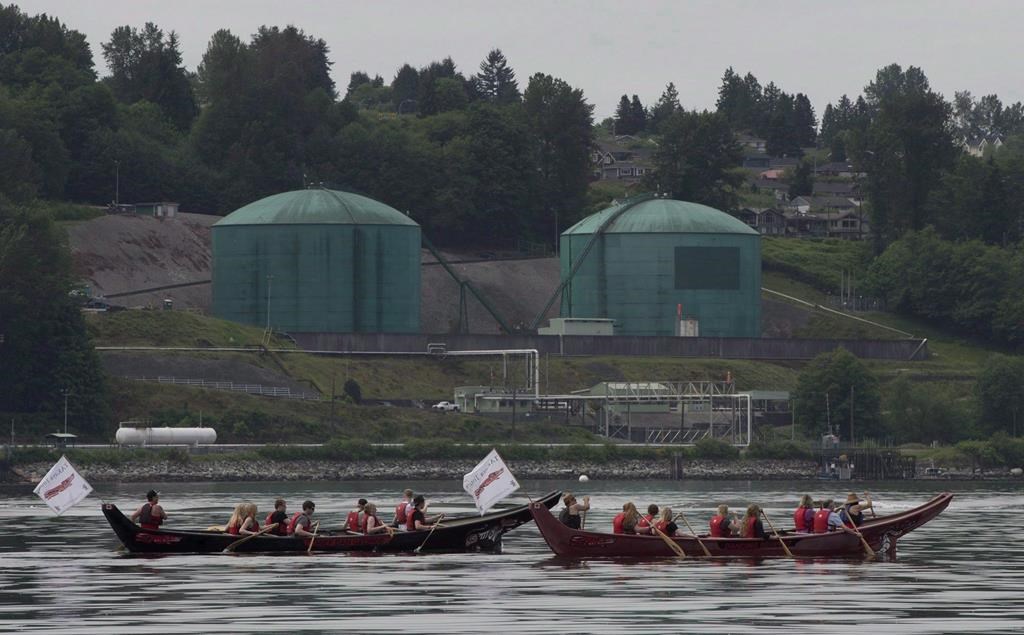
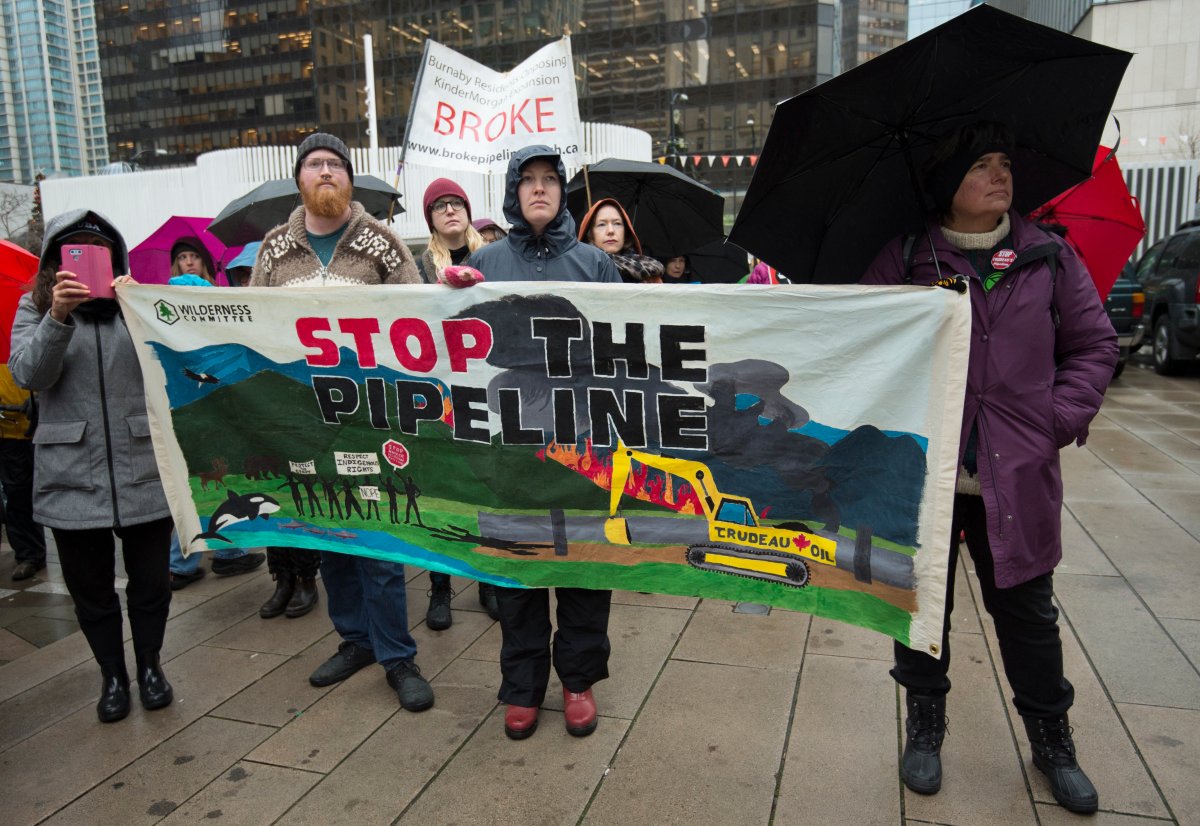
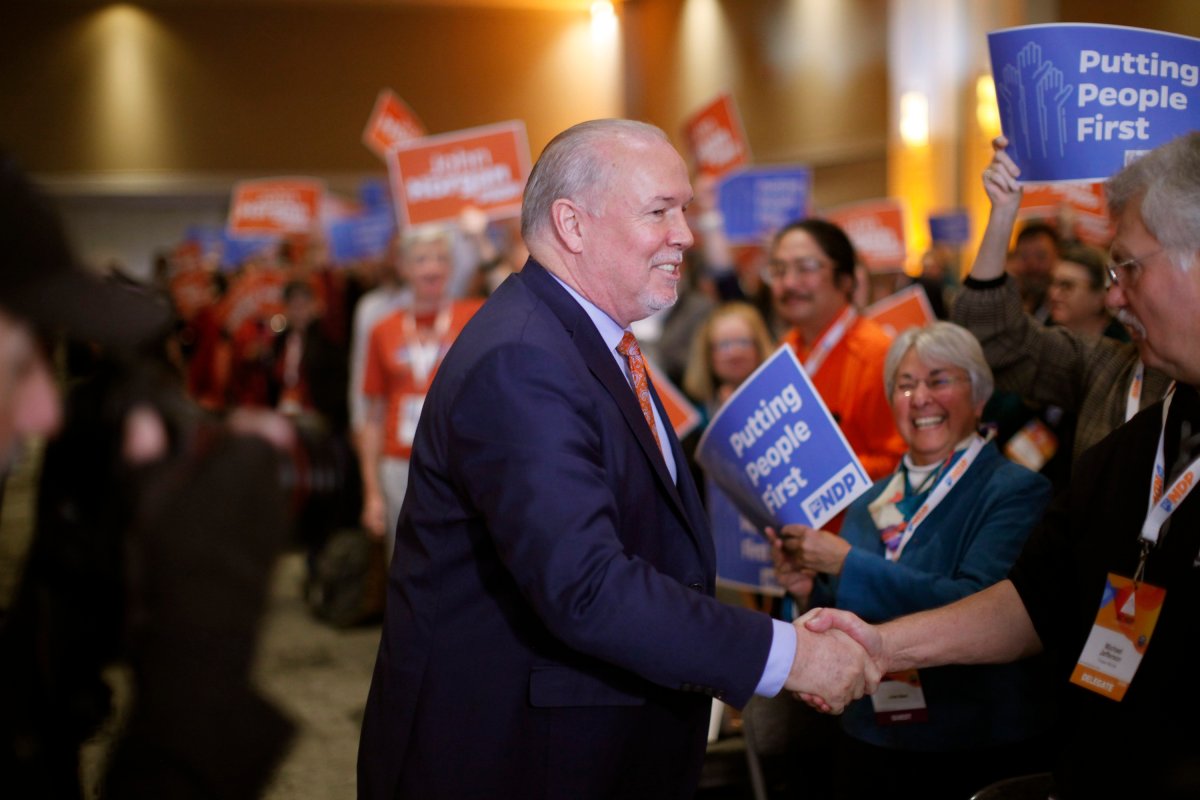





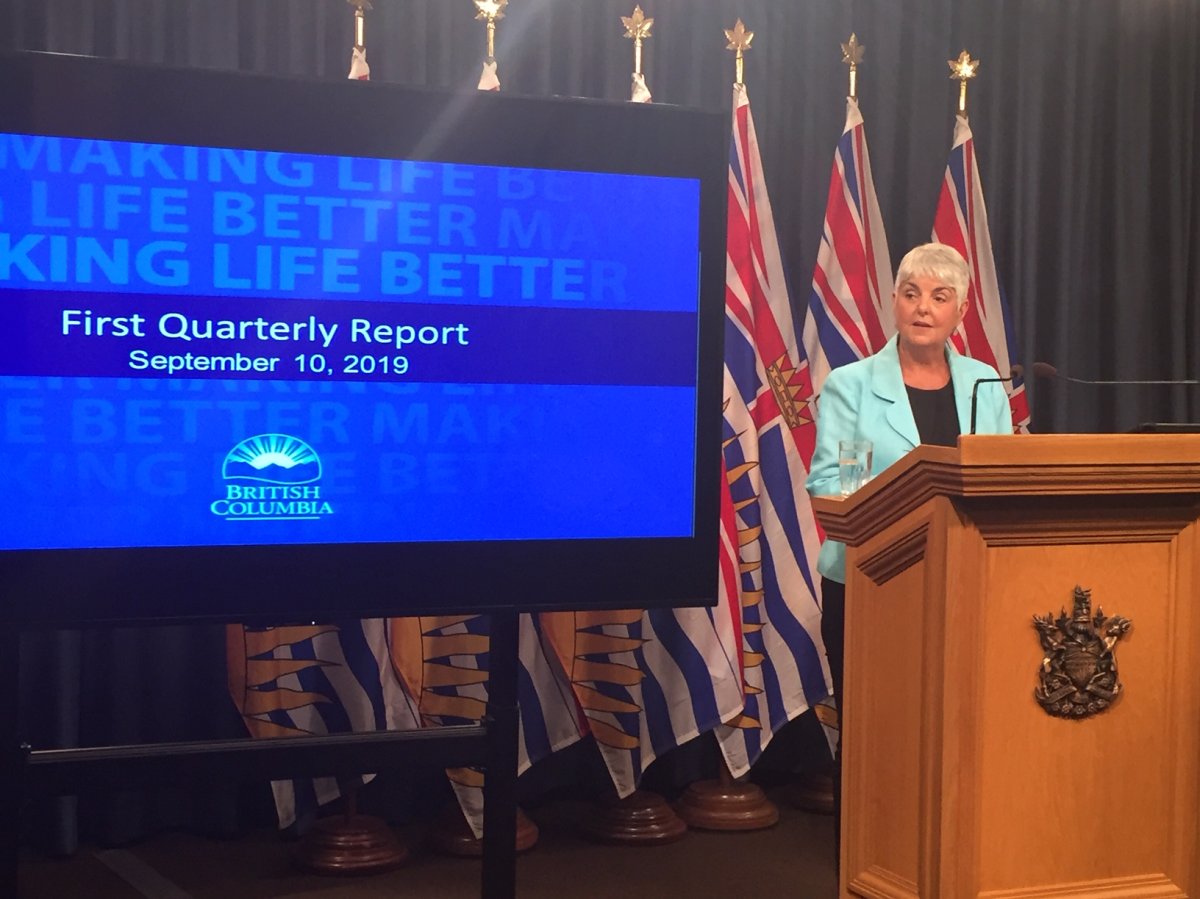
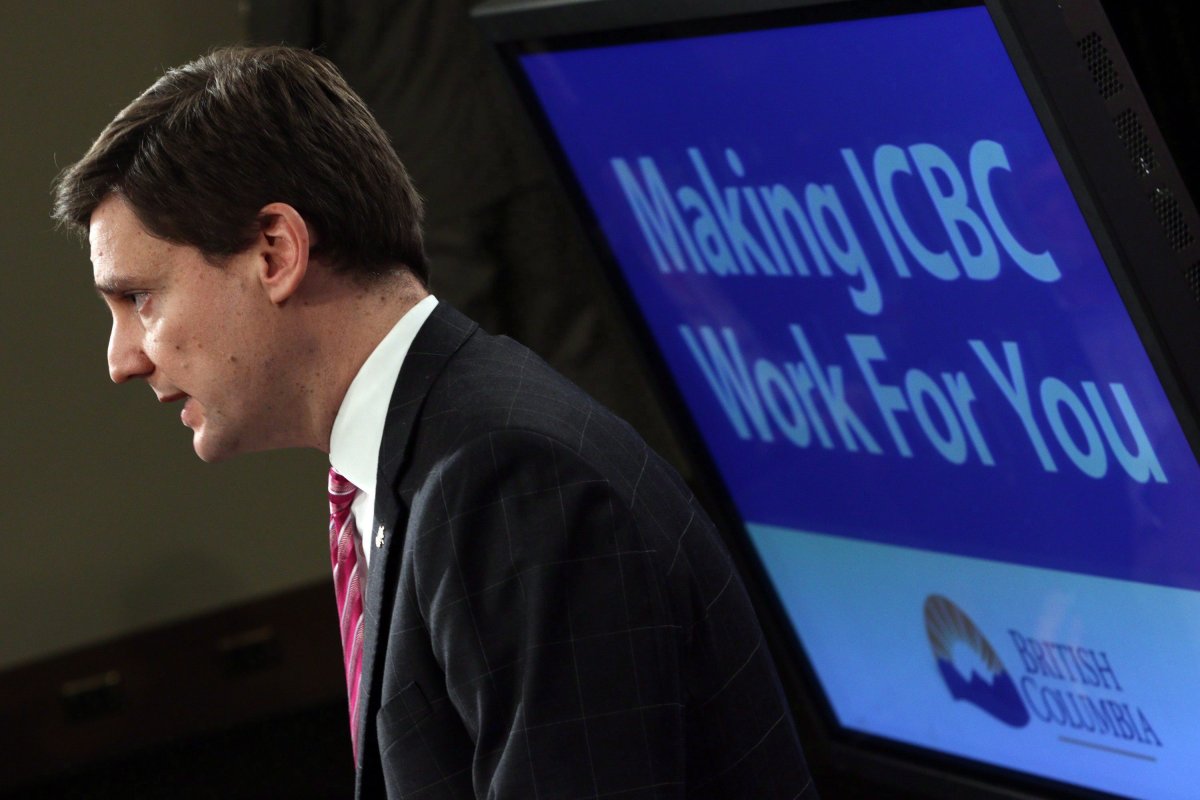
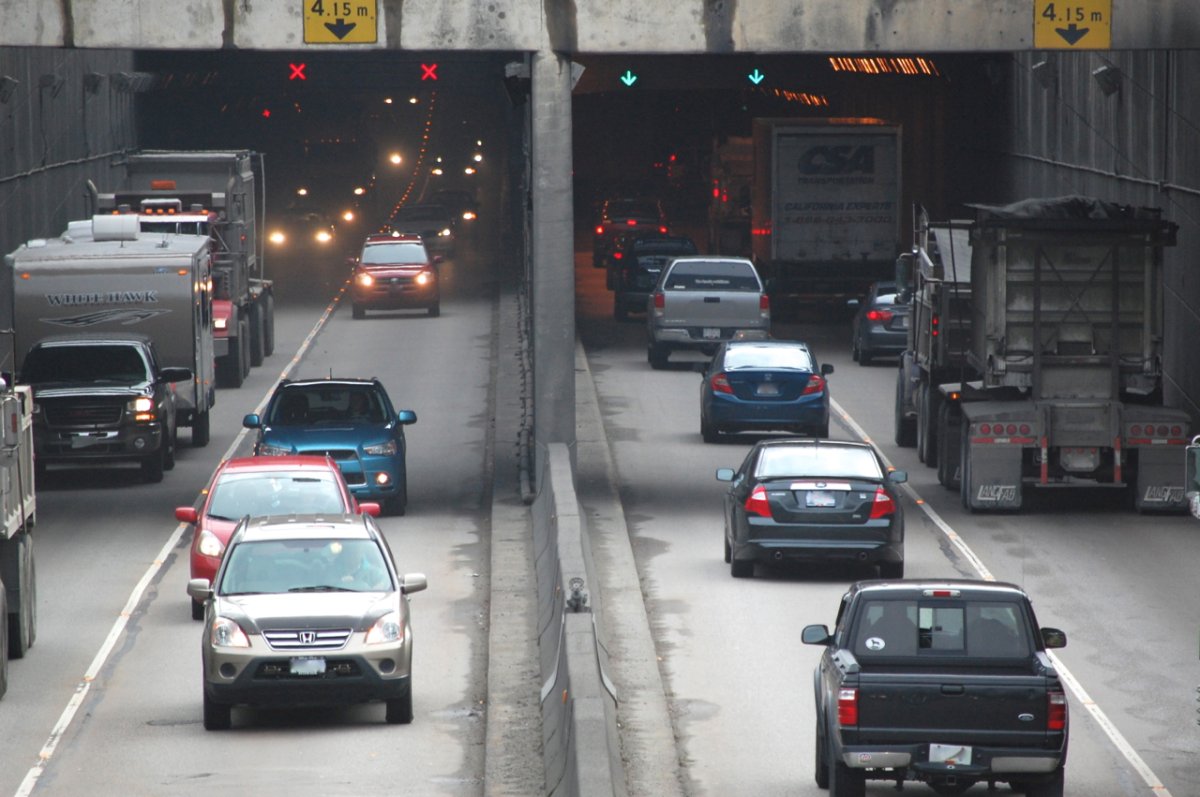







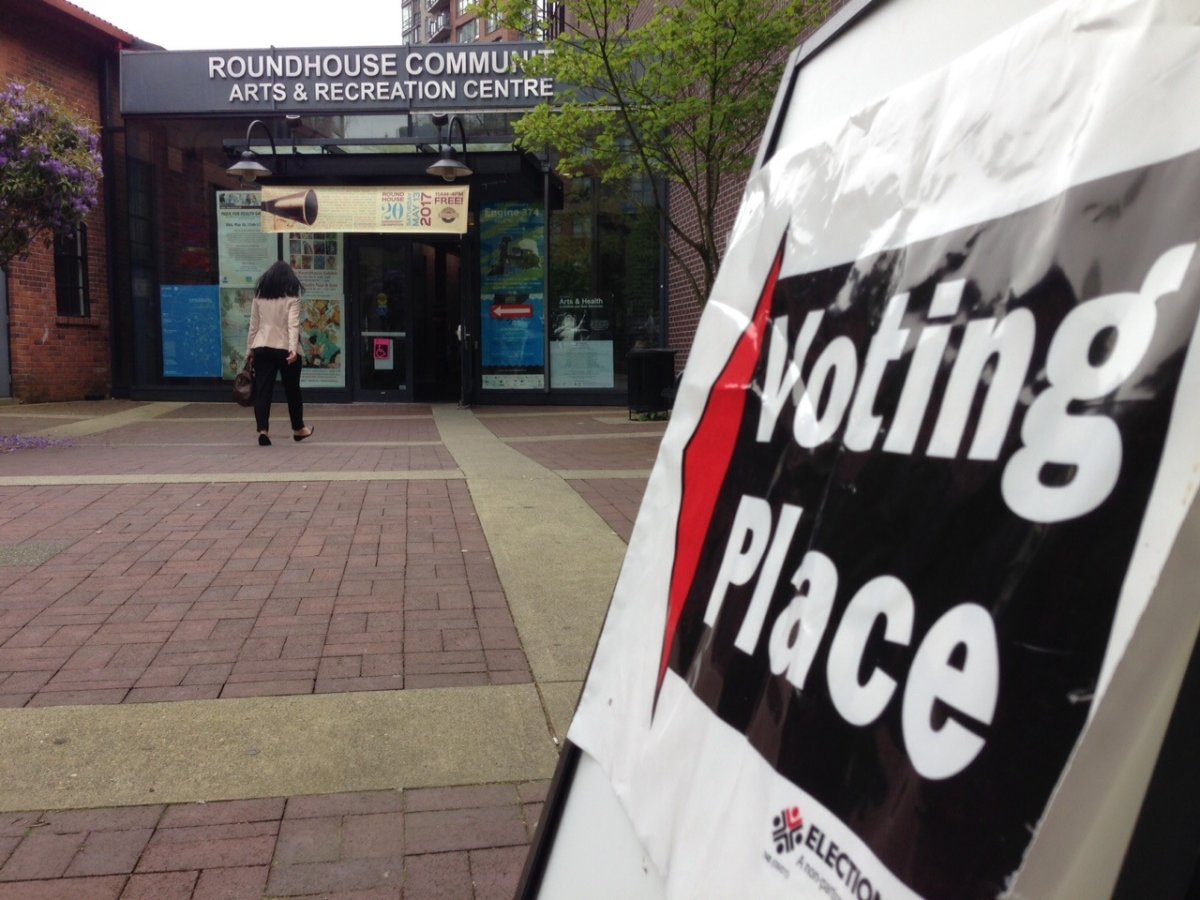


Comments